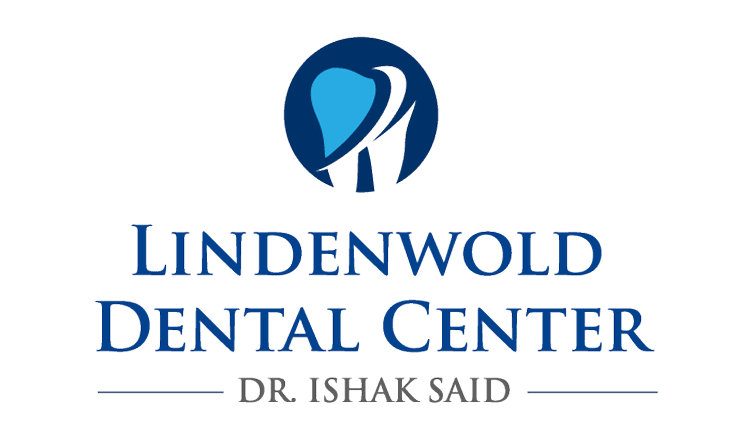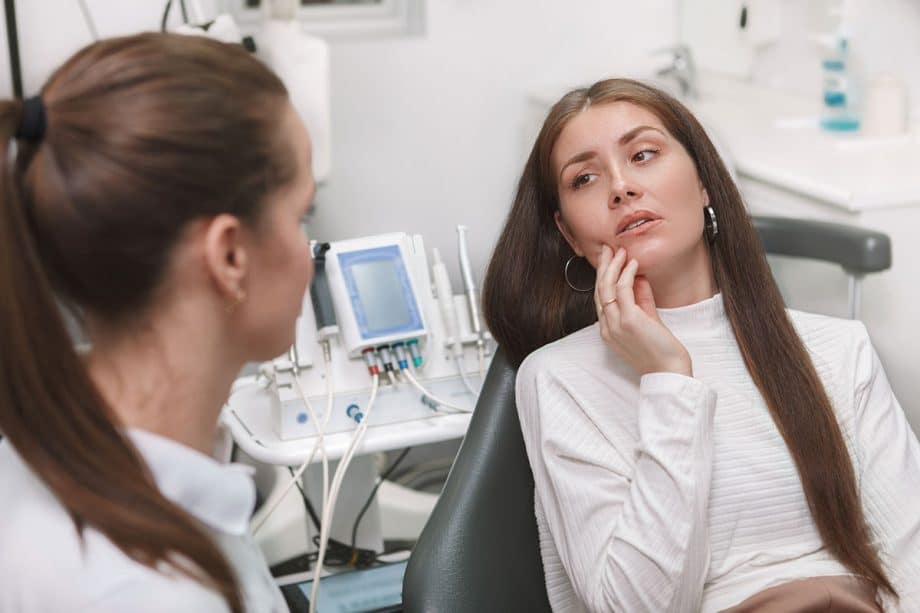Dental emergencies can strike when you least expect them, causing discomfort, anxiety, and disruption to your day. Whether it’s a knocked-out tooth from a sports injury, an unbearable toothache, or a broken crown, immediate care is often necessary to relieve pain and protect your smile. At Lindenwold Dental Center, we specialize in same-day emergency dental services to get you back on track quickly. In this post, we'll discuss the types of dental emergencies we handle, what to expect during your visit, and why fast action is crucial for your oral health.
Why Choose Lindenwold Dental Center for Emergency Care?
Lindenwold Dental Center is dedicated to providing prompt, compassionate care for dental emergencies. Our experienced team understands the urgency of these situations and works hard to accommodate same-day appointments whenever possible. Here’s why our practice stands out:
- Quick Access: We arrange our schedule to prioritize emergency cases, ensuring patients get the attention they need right away.
- Experienced Professionals: Our dentists are skilled in handling urgent issues, from infections and fractures to tooth extractions.
- Personalized Care: We focus on relieving pain, restoring your smile, and discussing any follow-up care that may be needed.
Common Dental Emergencies We Treat
1. Severe Toothache
Persistent or severe pain can indicate an underlying issue, such as decay, infection, or an abscess. A quick visit to our office allows us to diagnose and treat the cause of your discomfort.
2. Knocked-Out Tooth
Time is critical when a tooth is knocked out. If you can reach us within an hour, there’s a better chance of successfully saving the tooth. Keep the tooth moist by placing it in milk or gently back in its socket until you can see us.
3. Broken or Chipped Teeth
Accidents and falls can lead to broken or chipped teeth. While small chips may be minor, large fractures can expose sensitive tissue, increasing the risk of infection. We offer solutions like crowns and veneers for less severe cases or root canals and extractions if the damage is extensive.
4. Lost Fillings or Crowns
A lost filling or crown can be uncomfortable and leave your tooth vulnerable to damage. We’ll secure your tooth with a temporary or permanent restoration to protect it until a more permanent fix is possible.
5. Dental Abscess or Infection
An abscessed tooth is a serious condition that requires immediate care. Dental infections can spread quickly to other parts of the body, making it essential to treat these cases with urgency.
6. Soft Tissue Injuries
Injuries to the gums, tongue, or cheeks from bites, falls, or other accidents may require stitches or careful cleaning to prevent infection.
What to Do in a Dental Emergency
Knowing how to respond in an emergency can help you stay calm and prepare for your visit to the dentist. Here are a few common scenarios and first-aid tips:
- Knocked-Out Tooth: Handle the tooth by the crown, avoiding the root, and gently rinse it if needed. Place it in milk or keep it in your mouth until you can see us.
- Broken Tooth: Rinse your mouth with warm water to clean the area and apply a cold compress to reduce swelling.
- Toothache: Use a cold compress to alleviate pain and consider taking an over-the-counter pain reliever, but avoid aspirin as it can increase bleeding.
- Lost Filling or Crown: If you lose a filling, cover the exposed area with sugarless gum to protect it temporarily. If a crown falls off, try to bring it with you to your appointment.
What to Expect at Your Emergency Dental Appointment
During your emergency visit, our primary goals are to relieve your pain and protect your oral health. Here’s what you can expect:
- Thorough Examination: We’ll evaluate the affected area to determine the cause of the problem.
- Diagnostic Imaging: If necessary, we’ll take X-rays to get a better view of the damage or infection.
- Immediate Relief: Pain management is a top priority. We’ll use appropriate techniques to ensure your comfort throughout the visit.
- Treatment Plan: Depending on the issue, treatment may be completed during the visit, or we may set up follow-up care if further work is needed.
- Aftercare Instructions: Proper aftercare is essential. We’ll provide detailed instructions on caring for the treated area to promote healing.
The Importance of Timely Treatment
Dental emergencies are not just inconvenient—they can pose serious health risks if left untreated. Issues like infections can spread, and injuries can worsen without proper care. Seeking emergency treatment promptly helps avoid more complex and costly procedures in the future.
By addressing your dental emergency swiftly, we help prevent complications, reduce the likelihood of tooth loss, and restore your comfort. Our same-day services are designed to provide you with relief when you need it most, making your health and peace of mind our priority.
FAQs About Emergency Dental Care
- What is considered a dental emergency?
A dental emergency is any situation involving severe pain, uncontrolled bleeding, or an urgent need to save a tooth. If you’re unsure, call our office, and we can help you determine whether you need immediate care. - Should I go to the ER for a dental emergency?
While ERs can assist with pain management and prescribe antibiotics, they aren’t equipped for dental procedures. For dental-specific issues, it’s best to see an emergency dentist unless there are other injuries that require hospital care. - Can a lost crown or filling wait until my next appointment?
It’s best to address a lost crown or filling promptly, as it exposes your tooth to potential decay and discomfort. While it may not be a severe emergency, we recommend calling us as soon as possible. - How quickly should I seek treatment for a knocked-out tooth?
It’s critical to see a dentist within an hour. Immediate treatment improves the chances of successfully reinserting the tooth. - What can I do at home to relieve tooth pain before my appointment?
Using a cold compress and over-the-counter pain relievers like ibuprofen can help temporarily manage pain. Avoid aspirin as it can increase bleeding. Remember, the only way to resolve a severe toothache is to see a dentist. - Is a broken tooth always an emergency?
A minor chip may not need urgent care, but significant fractures or cracks should be addressed right away to prevent further damage and infection. - Does insurance cover emergency dental care?
Coverage depends on your insurance plan, but many policies cover some or all emergency dental services. We’re happy to assist you in understanding your coverage and options. - Can I see an emergency dentist if I’m not a regular patient?
Absolutely. We welcome new patients for emergency care and will make every effort to provide you with the treatment you need.
At Lindenwold Dental Center, we’re here to provide the relief you need, fast. Don’t let a dental emergency go untreated—contact us for same-day care and protect your smile with timely, compassionate treatment.

